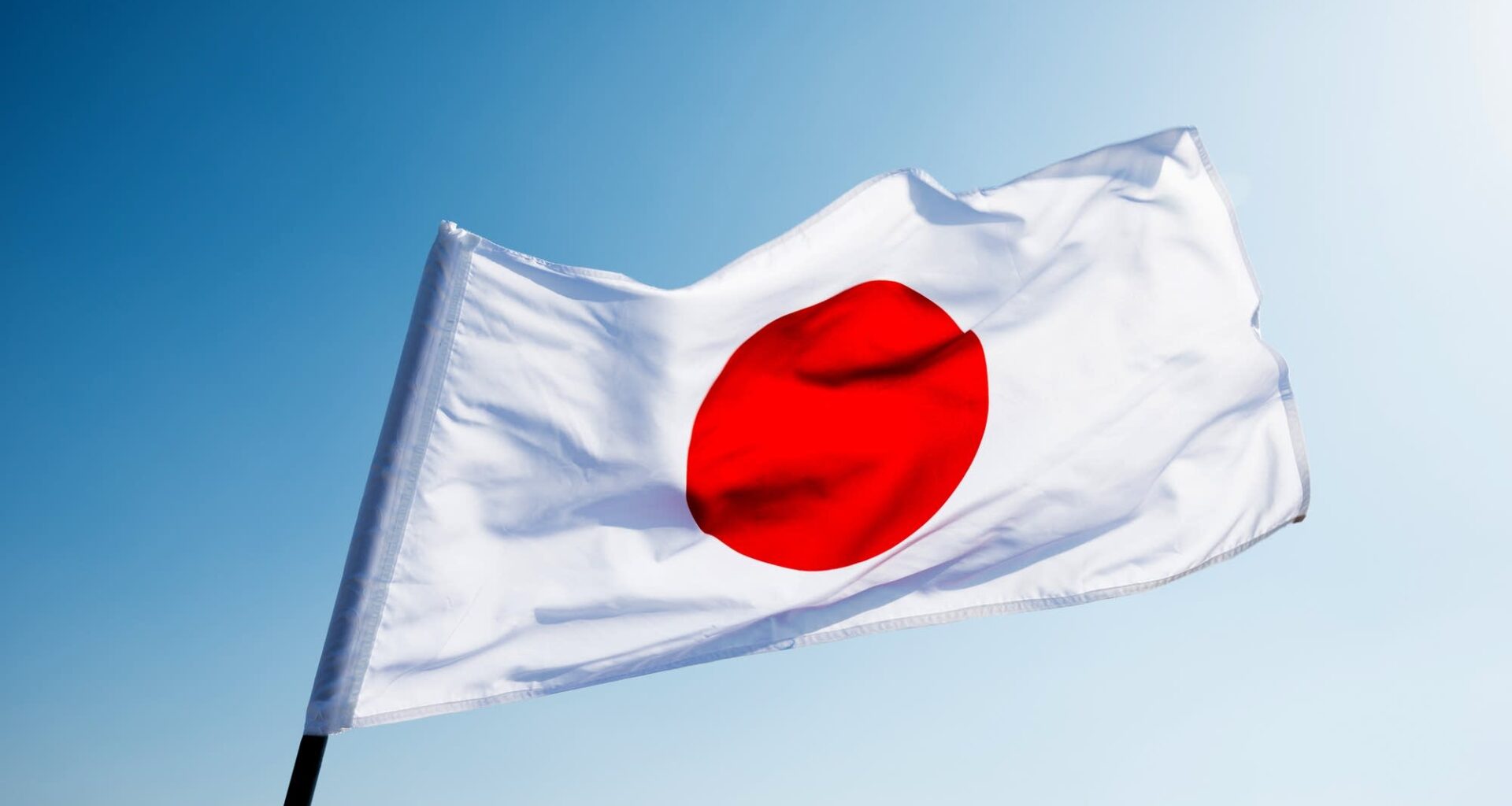Though the White House has not yet released official details on the Japan trade deal, late Tuesday night President Trump anounced, “Japan will open their country to trade including cars and trucks, and rice and certain other agricultural products, and other things.”
American exporters have long complained about obstacles to selling their products in Japan. But those obstacles often go beyond what a trade deal can fix.
About a year and a half ago, economist Mary Lovely at the Peterson Institute for International Economics visited Japan for a work trip.
While she saw plenty of Toyotas and Hondas cruising through crowded Japanese streets, Fords or Chevys or Chryslers?
“I can’t say that I saw any,” Lovely said.
U.S. automakers have a tough time complying with Japanese safety regulations, something this new trade deal reportedly addresses.
But Lovely said the bigger reason American cars don’t sell in Japan is practical: it’s difficult to drive a Ford F-150 pickup or a Chevy Tahoe SUV through central Tokyo.
“Japanese roads are just not made for the very large vehicles that U.S. manufacturers increasingly have specialized in,” Lovely said.
While American carmakers have publicly expressed their disappointment with the trade deal, American rice farmers may have more cause for optimism.
The new trade terms will reportedly exempt more U.S. rice from Japanese tariffs, which can total over 200%.
But international trade lawyer George Thomspon said the Trump administration will need to make sure American rice navigates a bureaucratic maze to actually reach Japanese consumers.
“There is a impenetrable system for importing and distributing rice, both governmental and non-governmental in nature,” said Thompson.
It’s important to remember here that while Japan is the fourth largest market for U.S. exports, we actually don’t sell all that much stuff over there, about a fifth of what we sell to Canada.
“Despite the obvious hype from the White House, Japan is not an important export market for the United States,” said Benn Steil, with the Council on Foreign Relations.
Steil said he doesn’t see much in the trade deal yet that will change that, although he’s still waiting for details.
Related Topics

